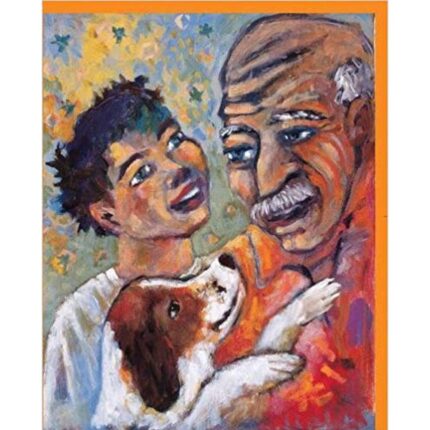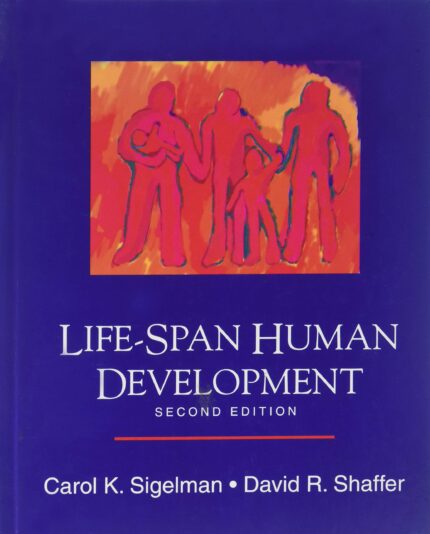Chapter 11. Early Adulthood
Multiple Choice
Identify the choice that best completes the statement or answers the question.
____ 1. Early adulthood is a period of:
a. Beginning decline
b. Peak efficiency
c. Increased illness
d. Decreased cognitive ability
____ 2. Forty-year-old Sarah complains that she is recently unable to see objects at close range. This condition can be described as:
a. Amblyopia
b. Diplopia
c. Presbyopia
d. Strabismus
____ 3. The most common type of hearing loss seen in the early adult years is:
a. Low frequency
b. Mix acoustic
c. Close noises
d. High frequency
____ 4. Cardiovascular change typical of early adulthood is a:
a. Moderate increase in cardiac output
b. Increased elasticity in the blood vessels
c. Increased blood pressure
d. Decreased muscle strength
____ 5. John Carry is diagnosed with skin cancer. The most common contributing factor is:
a. Inadequate exposure to sunlight
b. Decreased pigmentation in the skin
c. Loss of collagen in skin cells
d. Excessive exposure to ultraviolet light
____ 6. Thirty-five-year-old Helen is 40 pounds overweight. Obesity is commonly associated with:
a. Heart disease
b. Osteoporosis
c. Positive health outcomes
d. Poor health promotion
____ 7. During early adulthood, which of the following changes occur in bone?
a. Bone cell production ceases.
b. Bone continues to grow.
c. Bone cells get deposited at the site of injury.
d. Bone becomes large and overgrown.
____ 8. The muscles’ capacity for maximum work is best between which of the following ages?
a. 40 to 50
b. 30 to 40
c. 25 to 35
d. 35 to 40
____ 9. As a part of a pulmonary function test, the doctor measures the vital capacity. Vital capacity is the lungs’ ability to:
a. Retain air on expiration
b. Hold an above-normal capacity of air
c. Move air in and out
d. Hold maximum air capacity
____ 10. The speed at which adults respond to a stimulus is called:
a. Refraction time
b. Reaction time
c. Encoding
d. Logging
____ 11. In order for adults to reach their maximum capacity for sharing, they must have:
a. Mastered sexuality
b. Had an identity crisis
c. Introspection
d. Self-reliance












Reviews
There are no reviews yet.